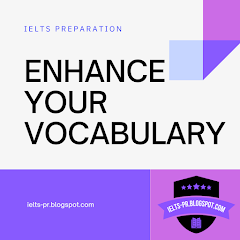The IELTS language test requires you to be able to discuss and interpret news and media sources. To help you do this, there are many IELTS vocabulary words and phrases you can use when talking about news and media.
Formal and Informal Language
When talking about news and media, it’s important to use both formal and informal language. Formal language is used in writing or speaking in a very formal way, and is mostly used in academic settings. Examples of formal language include words such as “conjecture,” “controversial,” and “scholarly.” Informal language is used in casual conversations and is often used in spoken language. Examples of informal language include words such as “gossip,” “rumor,” and “scoop.”
Nouns
Many IELTS vocabulary words and phrases related to news and media are nouns. Words such as “article,” “book,” “broadcast,” “catalyst,” and “circulation” are all nouns related to news and media.
Adjectives
Adjectives are used to describe nouns. Words such as “accurate,” “biased,” “controversial,” and “informative” are all adjectives commonly used when discussing news and media sources.
Verbs
Verbs are used to describe actions. IELTS vocabulary words and phrases related to news and media include words such as “analyze,” “criticize,” “debate,” and “evaluate.”
Adverbs
Adverbs are used to describe verbs. IELTS vocabulary for news and media include words such as “accurately,” “critically,” “effectively,” and “honestly.”
By familiarizing yourself with commonly used IELTS vocabulary related to news and media sources, you can start by becoming knowledgeable about the different types of media sources and the language used to describe them. This can include newspapers, TV shows, websites, podcasts, and social media platforms. Then it is important to understand how to use IELTS vocabulary related to news and media sources accurately. This means taking the time to study up on the words and phrases that are commonly used in IELTS tasks. This will ensure that you are able to communicate effectively and accurately in your IELTS writing and speaking tasks. Finally, it is important to practice using these words and phrases in IELTS-style tasks. This will help you to get a better understanding of how to accurately use the vocabulary in context and help you to prepare for the IELTS exam.








.png
)




0 comments:
Post a Comment